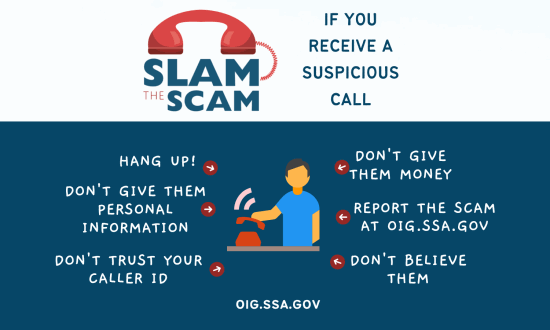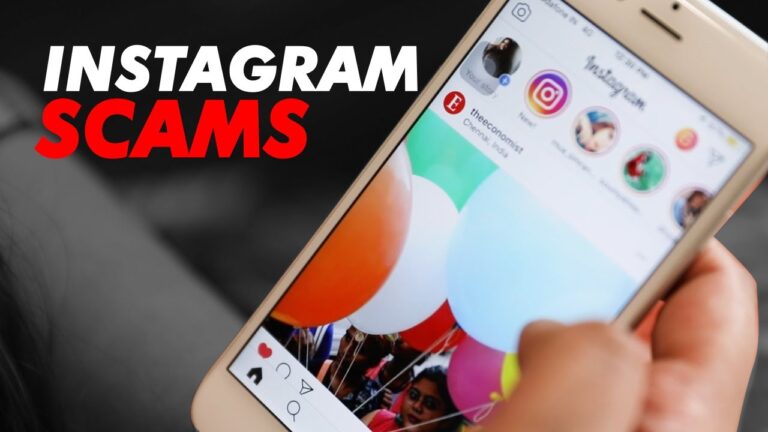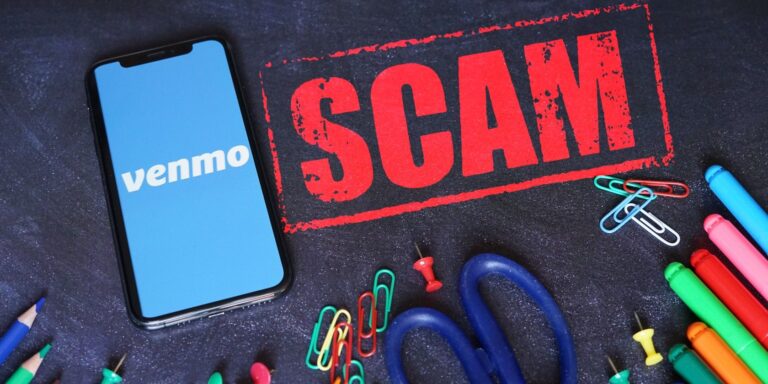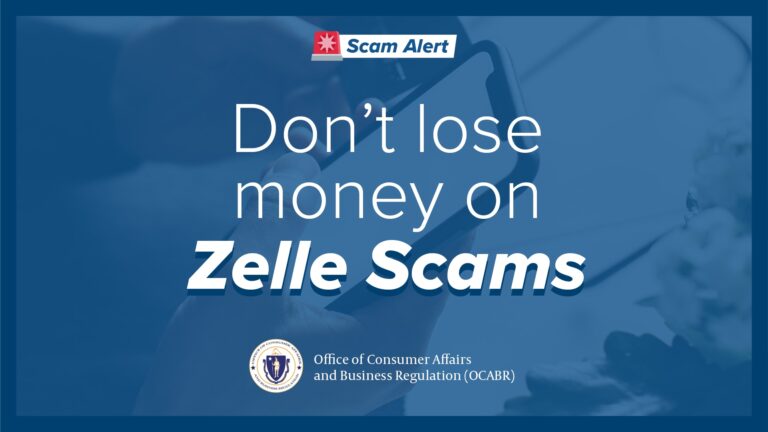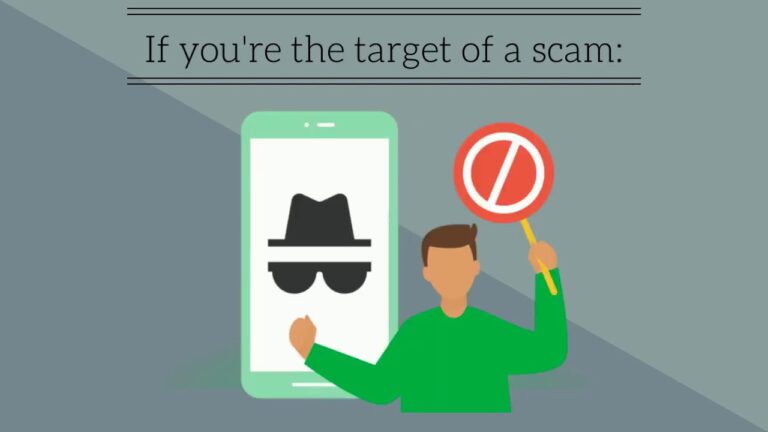Gift Card Scam: Target & Amazon Gift Card Scams
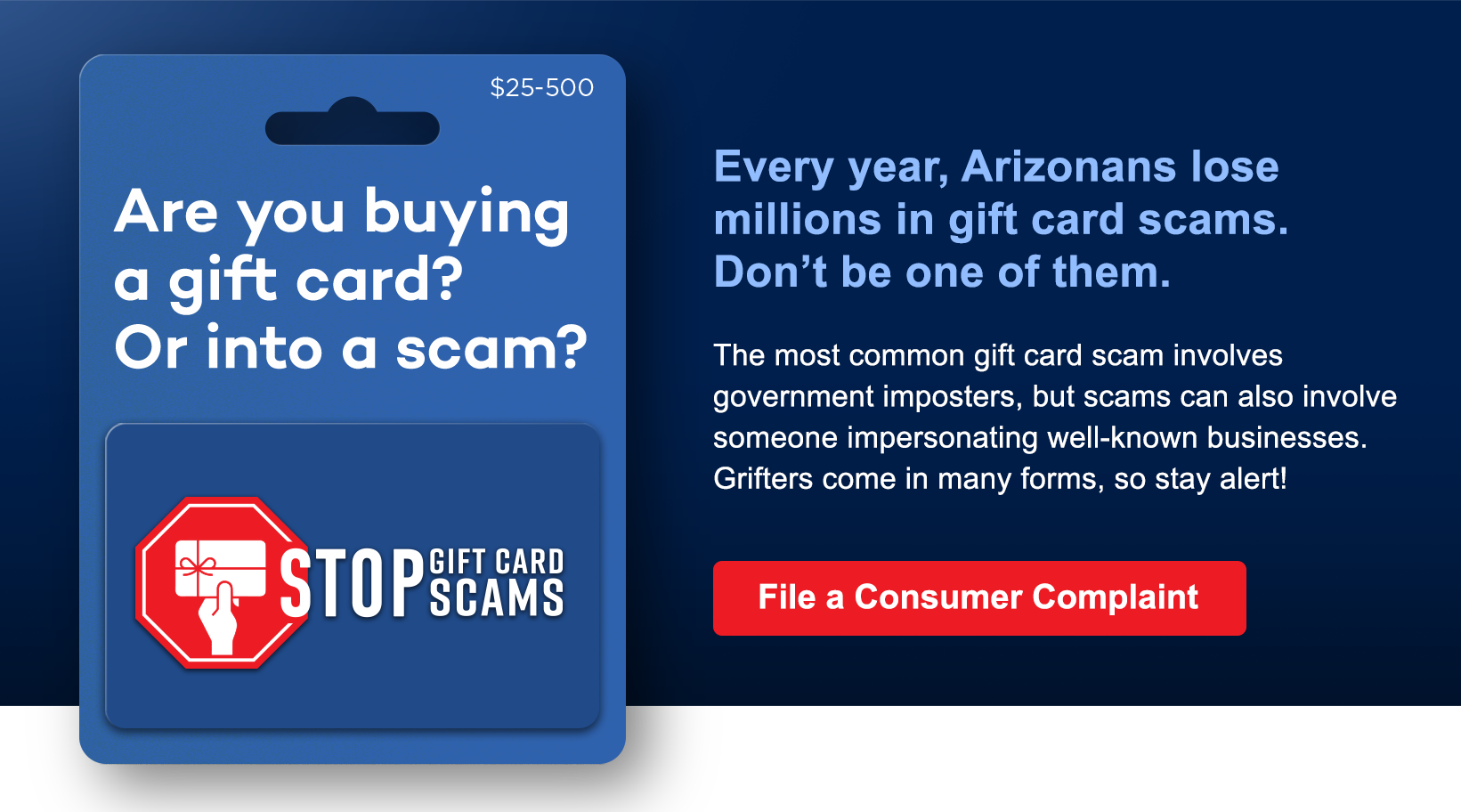
Gift cards have become a ubiquitous and versatile way to express appreciation, celebrate special occasions, or even shop for oneself. Unfortunately, the widespread use of gift cards has also given rise to a surge in gift card scams. In this blog post, we’ll explore the world of gift card scams: what they are, how they work, and, most importantly, how to recognize and protect yourself from falling victim to these cunning schemes.
Understanding Gift Card Scams
Gift card scams encompass a variety of fraudulent activities that target individuals into purchasing gift cards and sharing the card information with scammers. These scams often prey on emotions, such as fear, excitement, or empathy, to manipulate victims into believing they are helping a loved one or resolving a pressing issue. Here’s a look at some common types of gift card scams:
The Anatomy of Gift Card Scams:
- Impersonation Scams: Scammers pose as family members, friends, government officials, or tech support representatives over the phone, email, or social media. They claim to be in urgent need of funds and request payment via gift cards.
- Fake Prize or Sweepstakes Scams: Victims receive notifications that they’ve won a prize or lottery. To claim their “winnings,” they are asked to purchase gift cards and provide the card information to cover taxes or fees.
- Online Marketplace Scams: When buying items online, sellers may request payment via gift cards instead of traditional payment methods. Once the victim shares the gift card codes, the scammer disappears without delivering the promised goods.
- Tech Support Scams: Victims receive unsolicited calls from scammers posing as tech support representatives. They claim the victim’s computer has issues and request payment via gift cards to “fix” the problem.
- Romance Scams: Scammers establish online romantic relationships with victims and later fabricate emergencies, such as medical bills or travel expenses, and ask for payment in gift cards.
Recognizing the Red Flags
Spotting the warning signs of gift card scams is essential for protecting your finances and personal information. Here are common indicators to be aware of:
- Pressure to Act Quickly: Scammers often create a sense of urgency, insisting that you must act immediately by purchasing and sharing gift card information.
- Unusual Payment Requests: Be wary of requests for payment in gift cards, especially if it deviates from typical payment methods.
- Impersonation: Verify the identity of the person or entity making the request, especially if they claim to be a family member, friend, or official.
- Unsolicited Communications: Be cautious of unsolicited calls, emails, or messages requesting gift card payments.
- Promises of Prizes or Winnings: If you’re asked to pay for a prize or lottery winnings with gift cards, it’s likely a scam.
Protecting Yourself From Gift Card Scams
Defending against gift card scams requires vigilance and informed decision-making:
- Verify Requests: Contact the person or entity directly using contact information you already have, not the information provided by the caller or sender. Verify the legitimacy of their request.
- Educate Yourself: Familiarize yourself with common scam tactics and red flags associated with gift card scams.
- Never Share Gift Card Information: Never share gift card codes, PINs, or receipts with anyone you don’t personally know and trust.
- Report Scams: If you encounter a gift card scam or suspect fraudulent activity, report it to your local authorities, the Federal Trade Commission (FTC), and the gift card issuer.
- Stay Informed: Stay updated on the latest scams and share information with friends and family to help protect them from falling victim.
Conclusion
Gift card scams are on the rise, targeting individuals from all walks of life. By staying informed, practicing caution, and recognizing the red flags associated with these scams, you can safeguard your finances and personal information from falling into the hands of cunning fraudsters. Remember that legitimate requests for assistance or payment won’t typically involve gift cards, and if you’re uncertain, take the time to verify the authenticity of the request through trusted channels.

